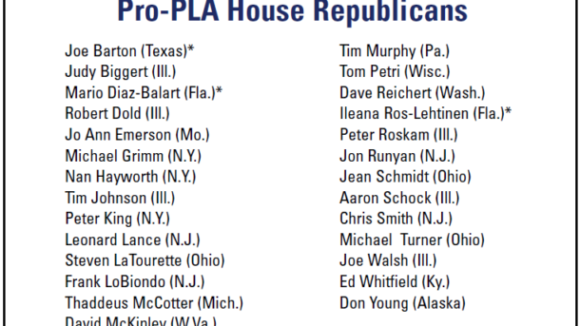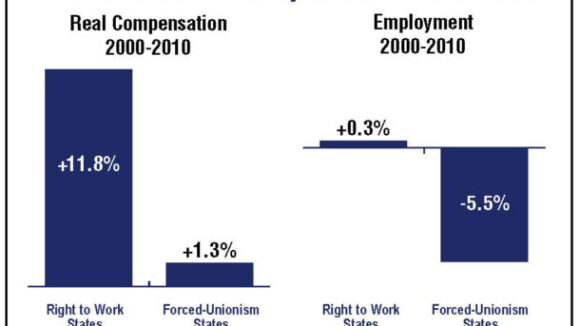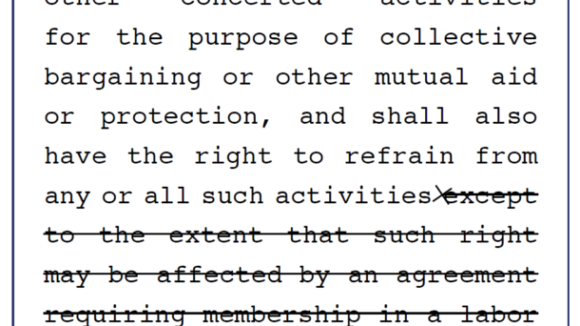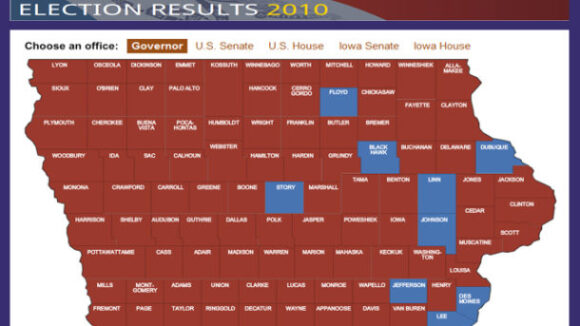House Narrowly Okays Union-Only PLAs at expense of military construction
Although fewer than 12% of the 229 Republicans present and voting on the anti-Right to Work, pro-PLA LaTourette Amendment sided with Big Labor, that was enough for union lobbyists to grab a 204-203 victory. Handful of Big Labor-Appeasing Republicans Make the Difference (Source: July 2011 NRTWC Newsletter) Back in February 2009, one of the first actions President Barack Obama took after settling in at the White House was to issue Executive Order 13502, which promotes union-only "project labor agreements" (PLAs) on federally funded public works. In April 2010, the Obama Administration issued a "final rule" implementing the order. "E.O.13502 now pressures federal agencies to acquiesce to PLAs on all large public works," noted Greg Mourad, vice president of the National Right to Work Committee. "In practice, it is designed to force nonunion companies wishing to participate in public works using $25 million or more in federal funds to impose union monopoly bargaining on their employees and hire new workers through discriminatory union hiring halls. "Under union-only PLAs, independent workers who already have their own retirement funds are nevertheless forced to contribute to Big Labor-manipulated pension funds. "Rather than compromise the freedom of their employees and the efficiency of their operations, most independent construction firms simply refuse to submit bids on PLA projects." Results of 2010 Elections Raised Hopes of Pro-Right to Work Citizens



